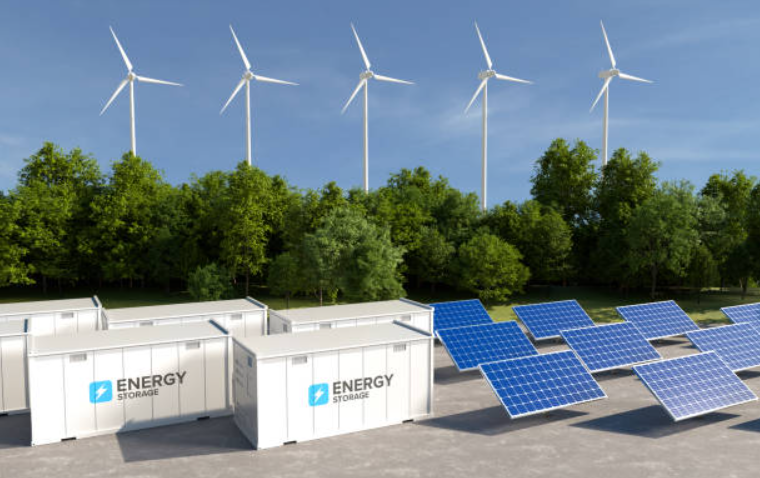How to Reduce Energy Consumption at Home: Practical Tips for Lowering Your Electricity Bill
Reducing energy consumption at home is not just about cutting costs; it’s also an essential step towards a more sustainable lifestyle. By taking simple actions, you can significantly decrease your electricity usage and contribute to environmental conservation. In this article, we’ll explore the most effective and affordable ways to reduce energy consumption at home.
Why Reducing Energy Consumption Matters
Energy conservation is crucial for several reasons. It helps you save money on your utility bills, reduces the strain on power grids, and minimizes the carbon footprint of your household. With the rising cost of electricity, learning how to reduce energy consumption at home has never been more important.
Understanding Your Energy Usage
Before diving into specific tips, it’s helpful to understand where most of your energy consumption occurs. According to the U.S. Energy Information Administration (EIA), the average American household spends 54% of its energy on heating and cooling, 13% on water heating, and the rest on appliances, electronics, and lighting.
Tips to Reduce Energy Consumption in Heating and Cooling
1. Upgrade to a Programmable Thermostat
A programmable thermostat allows you to control the temperature of your home more efficiently by setting it to turn off or reduce heating and cooling when you’re not home. According to Energy Star, using a programmable thermostat can save you up to $180 annually on energy costs.
2. Seal and Insulate Your Home
Gaps and cracks in your home’s insulation can lead to significant energy loss. Sealing leaks around windows, doors, and attics can reduce your heating and cooling costs by up to 20%.
3. Regularly Maintain Your HVAC System
Routine maintenance of your heating and cooling systems ensures they run efficiently. Replace filters every three months, and schedule annual check-ups to keep your system in top condition.
Tips for Reducing Electricity Use in Appliances and Electronics
1. Unplug Appliances When Not in Use
Many appliances and electronics continue to draw power even when they’re turned off. This phenomenon, known as “phantom load,” can account for up to 10% of your home’s energy use. Unplugging devices or using power strips can help minimize this waste.
2. Use Energy-Efficient Appliances
When it’s time to replace an appliance, look for the Energy Star label. Energy-efficient appliances can use up to 50% less energy than their non-efficient counterparts. For example, Energy Star refrigerators use about 15% less energy than non-certified models, saving you money in the long run.
3. Wash Clothes in Cold Water
Heating water for laundry consumes a significant amount of energy. By washing clothes in cold water, you can reduce your energy consumption and extend the life of your clothing.
Reducing Lighting Costs
1. Switch to LED Bulbs
LED bulbs use up to 75% less energy than incandescent bulbs and last 25 times longer, according to the U.S. Department of Energy. By replacing your home’s five most frequently used light fixtures with LED bulbs, you could save $75 annually.
2. Utilize Natural Light
Make the most of natural light during the day to reduce the need for artificial lighting. Open curtains and blinds to let sunlight in, and consider installing skylights in darker areas of your home.
Explore Renewable Energy: Solar Power
For those interested in further reducing their energy consumption, solar energy is a highly effective option. Solar Buyback offers an excellent opportunity to invest in solar panels, allowing you to generate your own electricity and even sell excess energy back to the grid.
By harnessing solar power, you can significantly reduce your reliance on traditional energy sources and decrease your utility bills. Plus, many states offer incentives and rebates for solar installations, making this option more affordable than ever.
Final Thoughts
Learning how to reduce energy consumption at home doesn’t require a massive lifestyle change. By implementing these simple yet effective tips, you can lower your electricity bill, reduce your environmental impact, and contribute to a more sustainable future. Whether it’s through small adjustments like switching to LED bulbs or investing in solar energy through Solar Buyback, every action counts.
By following these guidelines and making informed choices, you can significantly reduce your home’s energy consumption and enjoy the benefits of lower utility bills.
Sources:



